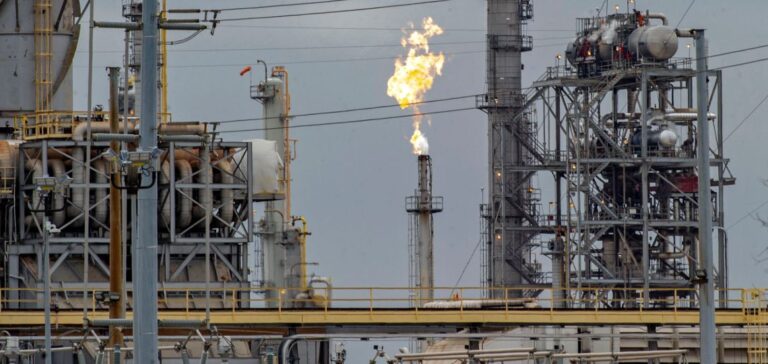The US Senate recently voted in favour of a resolution aimed at repealing the methane emissions tax proposed by the Biden administration. This measure was part of the latest initiatives by the Environmental Protection Agency (EPA) to force oil and gas producers to reduce methane emissions, a potent greenhouse gas. The vote took place under the Congressional Review Act, a legislative process allowing Congress to overturn new federal rules with a simple majority. The Senate thus repealed the proposed progressive methane tax, which had already been approved by the House of Representatives a few days earlier.
Details of the methane tax
The methane tax, which stems from the Inflation Reduction Act of 2022, targeted facilities emitting more than 25,000 tonnes of carbon dioxide equivalent per year. The measure included a progressive fine, starting at $900 per tonne of methane emitted in 2024, rising to $1,200 in 2025, and reaching $1,500 from 2026 onwards. Oil and gas producers widely criticised the tax, labelling it an additional “tax” burden. Industry groups celebrated the repeal of this regulation and urged then-President Donald Trump to sign the legislation quickly.
Impact on the oil and gas industry
Methane, the second most significant greenhouse gas after carbon dioxide, is often released invisibly into the atmosphere from drilling sites, gas pipelines, and other oil and gas-related infrastructure. This tax was part of the Biden administration’s effort to reduce greenhouse gas emissions in the energy sector, an initiative that has sparked passionate debates. For oil and gas producers, this tax would have represented an additional financial burden in an already heavily regulated sector by the EPA.
Reactions from lawmakers and industry groups
Democratic Senator Sheldon Whitehouse, an influential member of the Senate Environment Committee, condemned the repeal of the tax, arguing that this decision would lead to higher energy prices and deteriorating environmental quality for consumers. He emphasised that the measure aimed to penalise an already heavily regulated industry while undermining efforts to mitigate climate change.






















